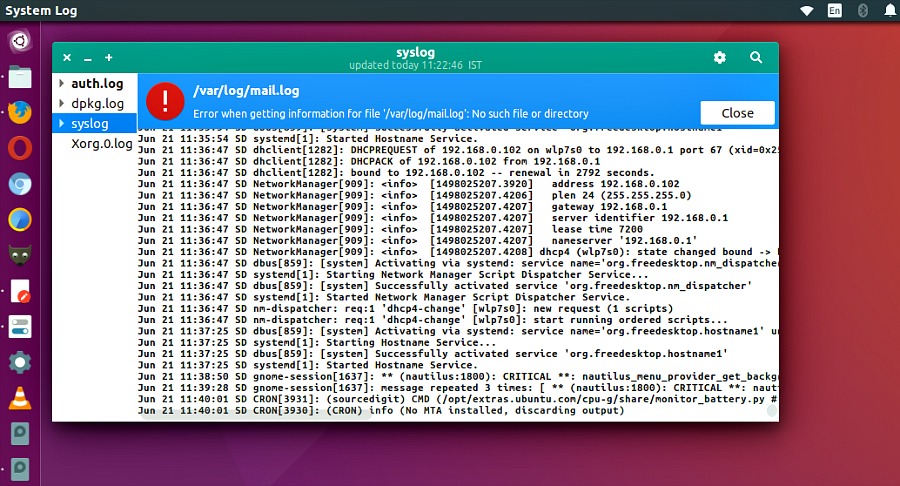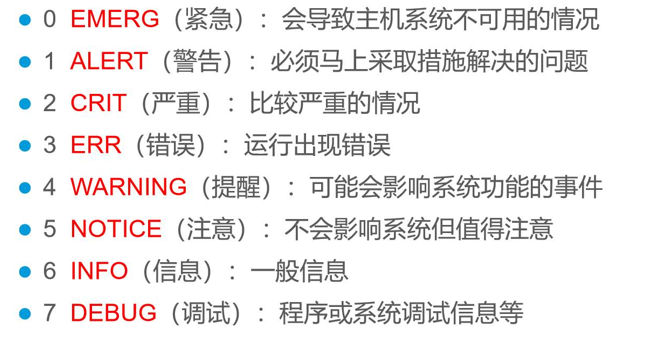

Just add it to your crontab: /root/bin/diskhogs.sh /directory/to/monitorĮcho "There are no $/1048576, $_ You also have evidence to show that the agent also cannot properly write to the intended log file location so the environment may have other configuration/permission level issues.There's a simple shell-script, it uses sqlite to store the data, so you can generate varios reports with it. Note: When it comes to the web server agents (Apache, Nginx, IIS) and looking for/into their logs, in this case you would instead use the PID of the companion process for said Web Server if such a companion process is visible.Īfter having run both commands you have the confirmation evidence that 1) the agent is indeed injected into the app (we would not have an agent log file without injection) and 2) you should have confirmation that its probably running into networking issues that would lead to the agent not being able to reach out to the cluster to report in its metrics.within the container or running natively on a host.

Once you have the log file open, it can be reviewed to learn what state the OneAgent is running in (IE if its been disabled automatically upon reaching out to the server or if its reaching out to an unexpected environment) and any other sorts of issues it is experiencing beyond being unable to write its log to the expected location.Īs outlined above, you would be providing the PID of the process in question, whether it be the PID of the java process or the PID of a Go process etc. sudo cat /proc/14752/fd/4 | more # to read through the ruxitagent_tomcat_14752.0.log file Using command 2 after having both the PID of the injected or companion process as well as the correct file descriptor number for the agent log file will allow you to open up and view the contents of the agent's log even if the output of command 1 says that the file has been (Deleted). as the start of the log file's name at the end of the directory path. Locate the file descriptor number for the agent's log file from the output of command 1. Lrwx- 1 tomcat7 tomcat7 64 Apr 22 14:27 4 -> /opt/dynatrace/oneagent/log/java/ruxitagent_tomcat_14752.0.log Lrwx- 1 tomcat7 tomcat7 64 Apr 22 14:27 3 -> /opt/dynatrace/oneagent/log/java/ruxitagent_tomcat_bootstrap_14752.0.log Tomcat7 14752 0.1 1.9 3584088 79556 ? Sl Apr14 16:51 /usr/lib/jvm/default-java/bin/java .file=/var/lib/tomcat7/conf/logging.properties =true -Xmx128m -XX:+UseConcMarkSweepGC =/usr/share/tomcat7/endorsed -classpath /usr/share/tomcat7/bin/bootstrap.jar:/usr/share/tomcat7/bin/tomcat-juli.jar -Dcatalina.base=/var/lib/tomcat7 =/usr/share/tomcat7 -Djava.io.tmpdir=/tmp/tomcat7-tomcat7-tmp .Bootstrap start sudo ls -l /proc/14752/fd | grep oneagent

#Find log files in linux manual#
opt/dynatrace/oneagent/log.īy using these two commands on a Linux host, or within a Linux based container, one is able to track down where an agent's log file is being stored in case of the file not being in the expected location for either automated or manual retrieval. There are times (traditionally within containerized environments) where the agent is properly injected and running but its log file cannot be placed within the normal location on the host, i.e.


 0 kommentar(er)
0 kommentar(er)
